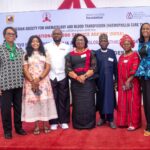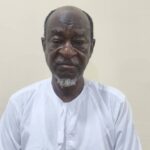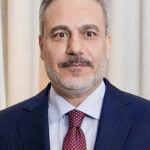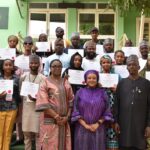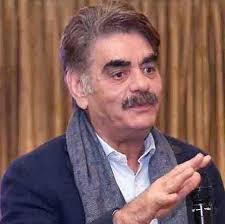FCTA developing community response model to end GBV, harmful practices
By Philip Yatai The Women Affairs Secretariat of the Federal Capital Territory Administration (FCTA), with support from the UN Women is developing a community-led response system model to end Gender-Based Violence (GBV) and other harmful practices. The Mandate Secretary, Dr Adedayo Benjamins-Laniyi stated this in Abuja, during a strategic engagementContinue Reading






